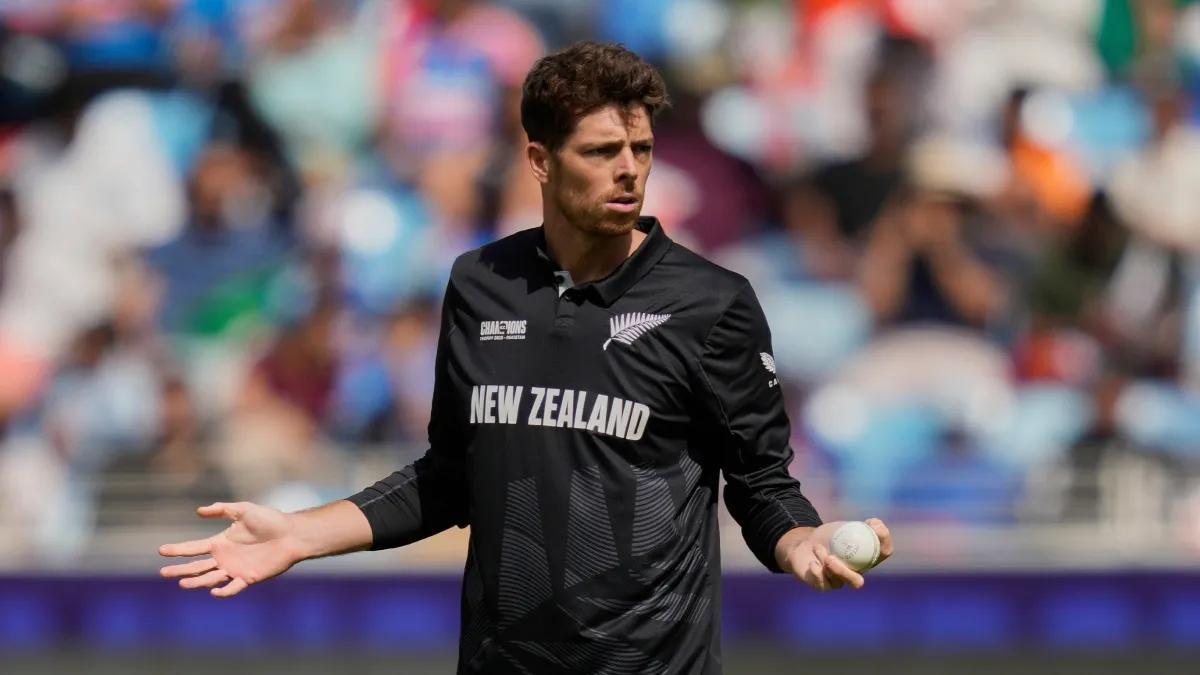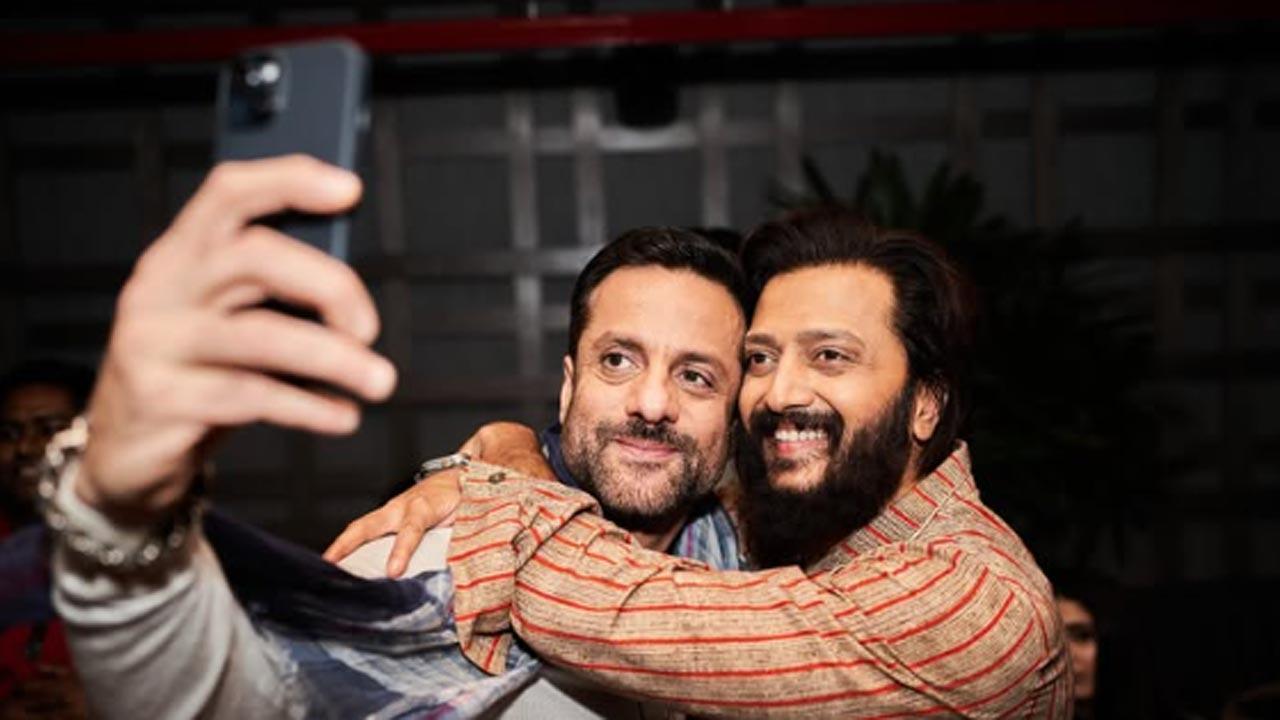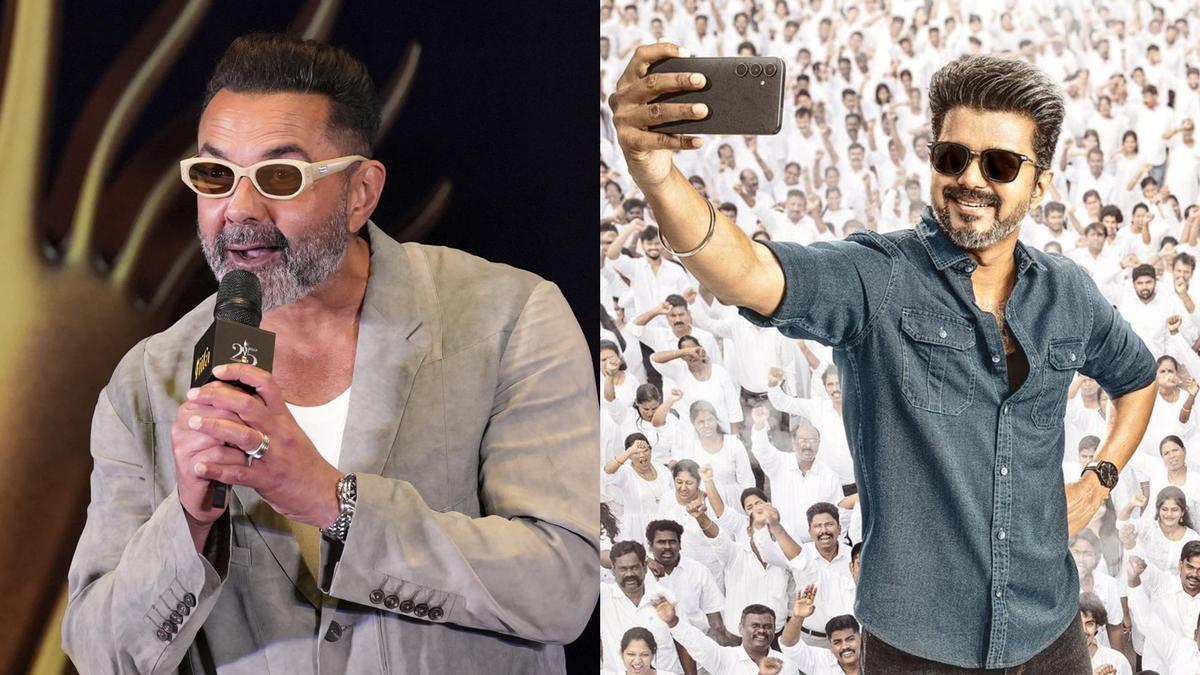
Director Vijay Milton makes a return to the cinematic stage after a six-year hiatus, steering the ship for the Vijay Antony-starrer, *Mazhai Pidikkatha Manithan*. The film breezes in with a promise of a comeback for both Vikays. Initial moments create a ripple of excitement as viewers find out the movie is a sequel to Vijay Antony’s *Salim* (2014), which was itself a follow-up to his 2012 film *Naan*. Swift, fast-paced cuts knit the storyline together quickly, bringing an instant sense of deja vu with the protagonist of *Mazhai Pidikkatha Manithan*. However, this initial spark of intrigue soon dimmers as the film progresses; those first few minutes, it turns out, are arguably the most captivating part of the entire movie.
Karthik (played by Vijay Antony), who had stolen Salim’s identity in *Naan* and transformed into a doctor in *Salim*, now finds himself as an agent in a covert agency. Karthik has lost his friends and his beloved in a rain-drenched ambush, plunging him into the depths of survivor’s guilt. Desperate for a fresh start, he sets out with the assistance of his Chief (Sarathkumar), arriving at the shores of Andaman. There he seeks solace in an eatery run by a warm-hearted mother-son duo. But Karthik’s plans for peace are thwarted when he crosses paths with Daali (Dhananjay), a local loan shark, indicating that his troubles are far from over.
The premise of a man attempting to escape the shadow of his past, only to be dragged back into it, is a well-worn trope in Indian cinema. This theme of a double life is one even Vijay Antony has tackled before with his film *Pichaikkaran*, which was one of his biggest hits. In *Mazhai Pidikkatha Manithan*, attempts to bring depth through a new setting, new characters, and fresh responsibilities fall flat. The transformation of Karthik from an inconspicuous man to a formidable force is poorly executed, missing the mark where *Pichaikkaran* succeeded.
The film feels like a concoction of various Hollywood action thrillers, stitched together to form a somewhat cohesive narrative. At its core, the movie seems to borrow heavily from *The Equalizer* films, whereas certain plot points echo elements from the *John Wick* series starring Keanu Reeves.
. Such inspirations can be enriching when they support an innovative story, but the movie instead relies on these borrowed elements to prop up an uninspired and insipid plot.
Moving beyond the predictable storyline, the poorly crafted characters and their interactions further dilute the film’s appeal. The character of Sowmiya (Megha Akash), presented as a damsel in distress, fails to offer any depth. Pruthvi Ambaar’s character, Burma, appears as a talkative but often beaten-up friend, making his every misfortune feel somewhat deserved. Meanwhile, Saranya Ponvanan, playing Burma’s mother, delivers lines that attempt profundity but end up sounding unrelatable. The antagonist, Daali (Dhananjay), is a superficial menace whose idea of terror apparently includes serving poisoned coffee. Even the seasoned talents of Sarathkumar, Saranya, and a cameo by Sathyaraj are insufficient to lift the film from the mire of mediocre writing.
Moments that show potential only accentuate the disappointment. An instance where Daali’s ego is bruised by a dubious cop (Murali Sharma) hints at a compelling subplot that leads nowhere. The love triangle involving the three primary characters fails to take root, lacking organic development. Greater exploration of the covert agency led by Captain (Sathyaraj) could have enriched the backstory, but the film opts to present him in extravagant attire, delivering lines that echo his iconic “Thagudu, thagudu” moments instead.
The title of the film suggests a poetic essence, placing a character terrified of rain on an island surrounded by water. Yet, *Mazhai Pidikkatha Manithan* squanders this dramatic setup. What remains is a formulaic plot hampered by bland characters and predictable twists, ensuring a disappointing experience for the audience.
*Mazhai Pidikkatha Manithan* is now playing in theaters, but it’s unlikely to leave a lasting impression on its viewers, overshadowed by the very Hollywood clichés it tries to emulate.










